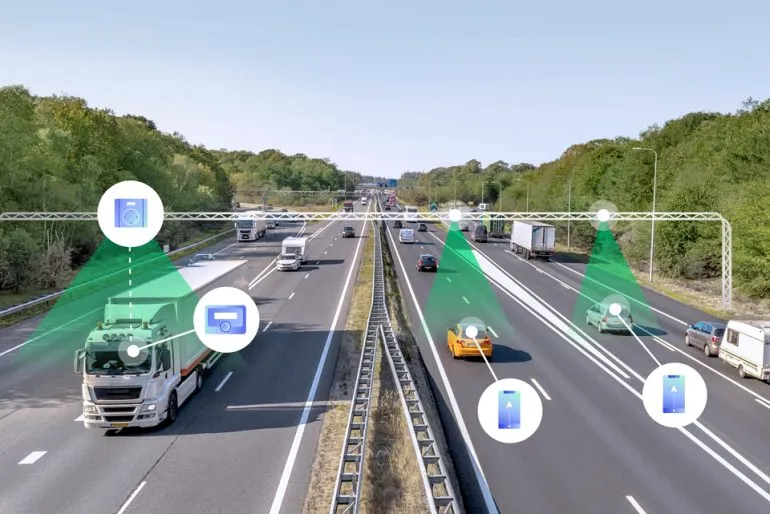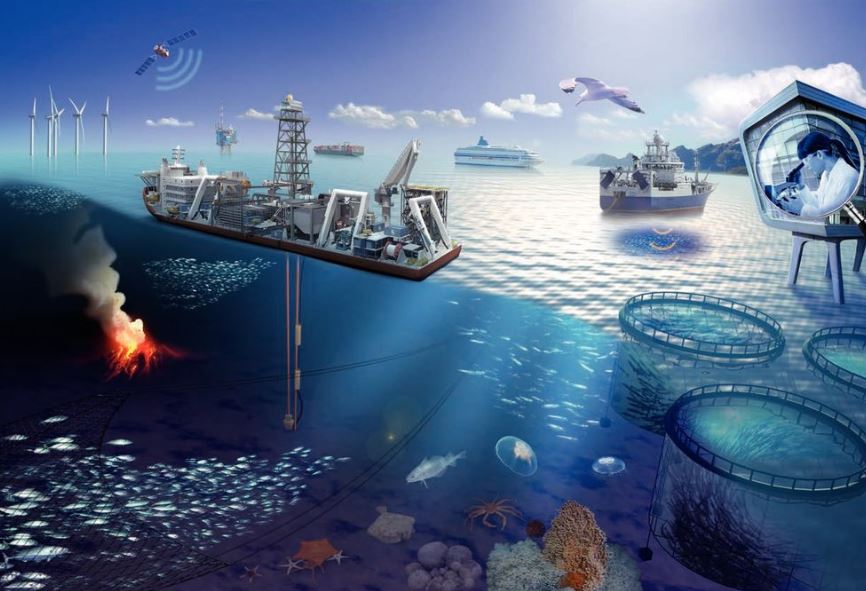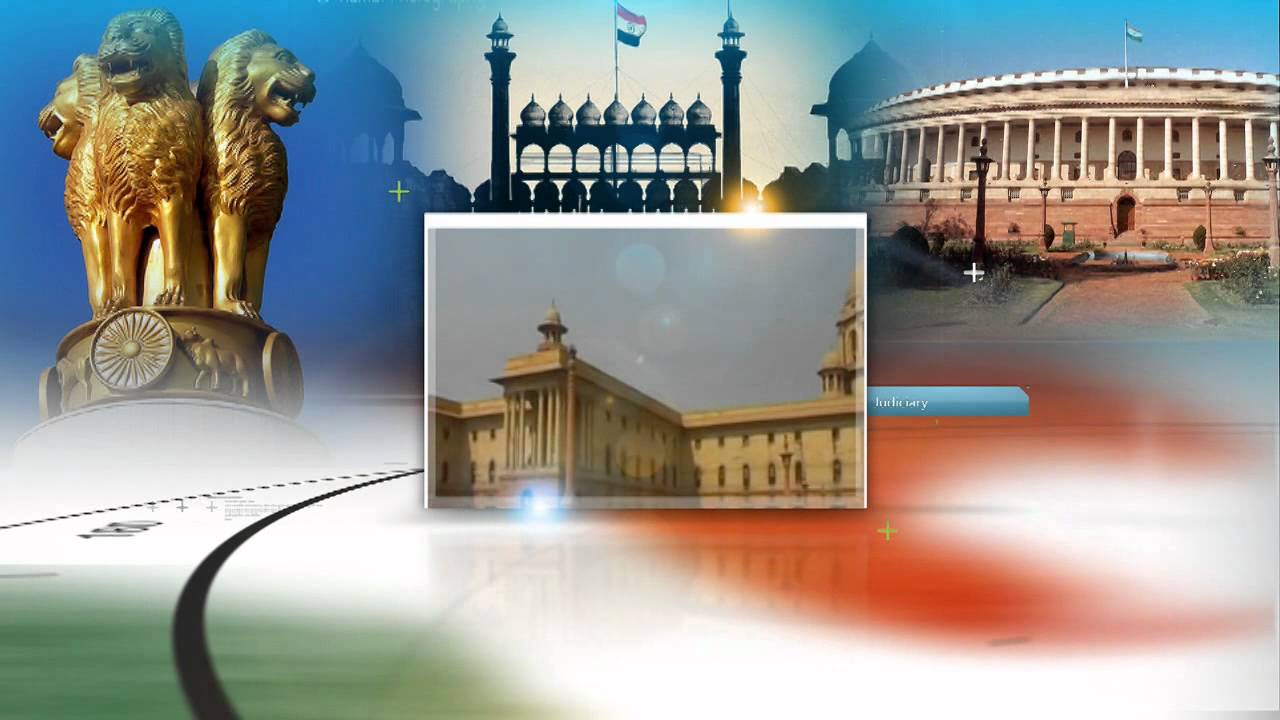Font size:
Print
India’s Emerging Role as a Champion of the Global South
Context:
India has renewed its focus on advocating for the Global South, with Prime Minister Narendra Modi emphasising this role at major international platforms.
More on News
- During the 18th Pravasi Bharatiya Divas convention in January 2025, he asserted that India not only expresses its own stance firmly but also amplifies the voice of developing nations.
- Similarly, at the 3rd Voice of Global South Summit in August 2024, Mr. Modi reiterated India’s ambition to drive global governance reforms that would foster a more inclusive international order.
A Shift in India’s Global Engagement
- Pragmatism: Unlike its historical role in the Non-Alignment Movement (NAM), which was driven by anti-colonial sentiments and skepticism towards Western powers, India’s current approach is more pragmatic.
- Strategic Autonomy: While deepening its engagement with the Global South, India is simultaneously strengthening partnerships with the United States, Europe, and other traditional allies.
- High-profile diplomatic engagements, such as the visit of former U.S. National Security Adviser Jake Sullivan in January 2025 and Mr. Modi’s visit to Poland in August 2024, illustrate India’s evolving foreign policy strategy.
Countering China or Building an Independent Identity?
- Competition with China: A common perception is that India’s growing engagement with the Global South is motivated by competition with China.
- This argument is reinforced by India’s increasing investments in Africa, particularly in regions where China already has a strong economic presence.
- Additionally, strategic alliances such as the Quad partnership (involving India, Japan, Australia, and the U.S.) are often seen as efforts to counterbalance China’s influence in the Indo-Pacific.
- Global Player: However, this India-China rivalry narrative does not fully capture India’s broader vision. Rather than merely competing with China, India seeks to establish itself as a key global player with a unique identity and strategic priorities.
- Frustration with Present Global Order: Many developing nations are frustrated with the existing global economic order, which often comes with high debt burdens and restrictive conditions.
- These countries are not looking for a replacement for China or the West but a partner that offers a more balanced, equitable approach to development. India, with its democratic credentials and emerging economic power, is well-positioned to play this role.
Key Steps India Must Take
- Shaping a New Model of Development Cooperation: To be truly effective, India must embrace a collaborative approach, recognising that it can also learn from the experiences of other developing nations.
- A Human-Centric Development Approach: India has promoted Mission LiFE (Lifestyle for Environment) as a model for sustainable living, encouraging behavioral shifts toward low-consumption lifestyles.
- Many Global South nations are eager to develop local industries and workforce capabilities.
- India’s success with initiatives such as Skill India and MSME development can serve as a blueprint for these countries.
- Advocating for Inclusive Global Governance: India has consistently called for a more inclusive international order, as demonstrated by its successful push to include the African Union in the G-20 during its presidency in 2023.
- While leveraging existing international frameworks like the United Nations or partnerships with experienced development players such as Germany and France can be beneficial in the short term, India must develop independent mechanisms for international cooperation.
- This includes establishing its own robust institutions, standards, and frameworks to work effectively with developing nations.
By reinforcing its role as a bridge between the Global North and the Global South, India can redefine its global identity—not as a counterbalance to any other power, but as an independent force driving inclusive and sustainable progress.


